News
Tinubu Appoints Yiltsen from Plateau as Pioneer MD for North Central Development Commission
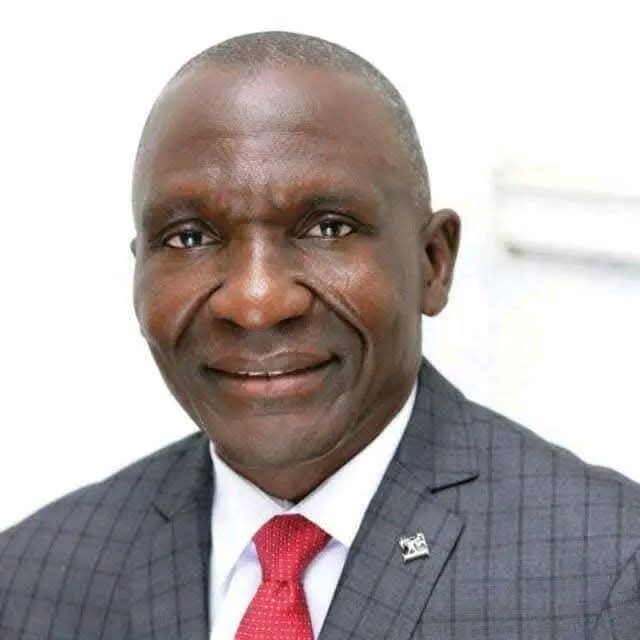
In a move signaling a significant milestone for regional development in Nigeria, President Bola Ahmed Tinubu has appointed Tsenyil Cyril Yiltsen from Plateau State as the pioneer Managing Director of the newly established North Central Development Commission (NCDC). The appointment is subject to the confirmation of the Nigerian Senate, according to a letter addressed to Senate President Godswill Akpabio on Thursday.
The North Central Development Commission was created to address the infrastructural deficit, socioeconomic imbalance, and long-standing development challenges faced by states in the North Central geopolitical zone. These include Plateau, Benue, Kogi, Kwara, Nasarawa, and Niger States, as well as the Federal Capital Territory (FCT).
A Regional Leader at the Helm
Tsenyil Cyril Yiltsen’s selection as the pioneer Managing Director is being lauded as a strategic choice given his roots in Plateau and his reputed experience in regional planning and governance. With years of service in both public and private sectors, Yiltsen is expected to bring vision and coordination to the commission as it sets its development agenda.
Leadership Team Reflects Zonal Diversity
Alongside Yiltsen, President Tinubu also announced other board members, drawing representatives from across the North Central zone to ensure balanced representation:
Cosmas Akiyir from Benue State will serve as the Board Chairman.
James Abel Uloko (Benue) has been nominated as Executive Director.
Princess Atika Ajanah (Kogi) is appointed Executive Director, Projects.
Hajia Bilgis Jumoke Sanni (Kwara) will serve as Executive Director.
Hajia Aishatu Rufai-Ibrahim (Nasarawa) takes a similar role as Executive Director.
Muhammad Bashar (Niger) is also appointed Executive Director.
This inclusive composition underscores the administration’s intention to ensure that all states within the region have a voice in the planning and execution of development programs.
Mandate and Expectations
The NCDC is modeled after other regional commissions such as the Niger Delta Development Commission (NDDC) and the North East Development Commission (NEDC). Its mandate includes addressing infrastructural decay, promoting human capital development, resettling displaced communities, improving access to healthcare and education, and stimulating economic growth.
Analysts note that the challenges facing the North Central region—ranging from insecurity and poor rural infrastructure to the effects of climate change on agriculture—require an institution with both capacity and autonomy. With its inauguration, expectations are high that the NCDC will help harmonize federal and state development plans and accelerate impactful projects.
Political and Public Reactions
Initial reactions from stakeholders across the North Central region have been mostly positive. Civil society groups and political leaders have commended the federal government’s commitment to equitable development, while urging the Senate to expedite the confirmation process to enable the commission begin operations promptly.
Observers, however, also stress the need for transparency, accountability, and community engagement as key pillars for the commission’s success. As one political analyst put it, “The success of the NCDC will not just lie in its funding but in the ability of its leadership to build trust and deliver measurable results.”
Conclusion
With the appointment of Tsenyil Cyril Yiltsen and a strong team of directors, the North Central Development Commission is now poised to begin its work. As the region watches closely, the coming months will be crucial in laying the groundwork for what could become a transformative institution for millions of Nigerians in the heart of the country.
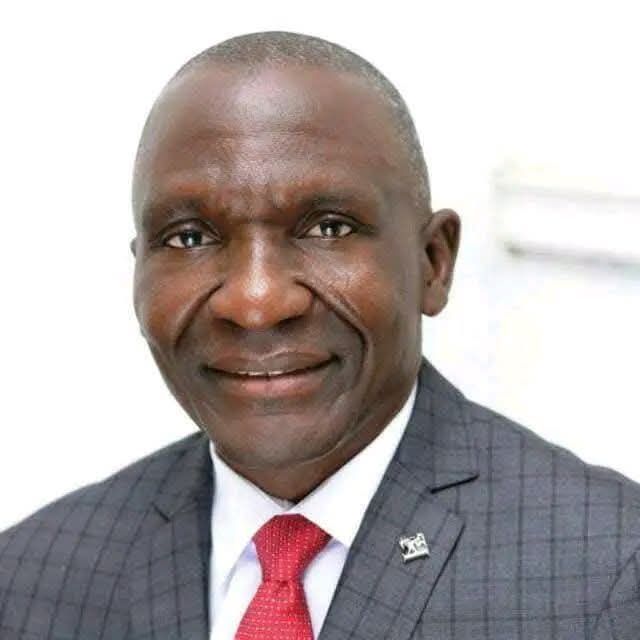
News
Wole Olanipekun, Taiwo Oyedele Urge South-West Governors to Maximise Tinubu Presidency for Regional Growth
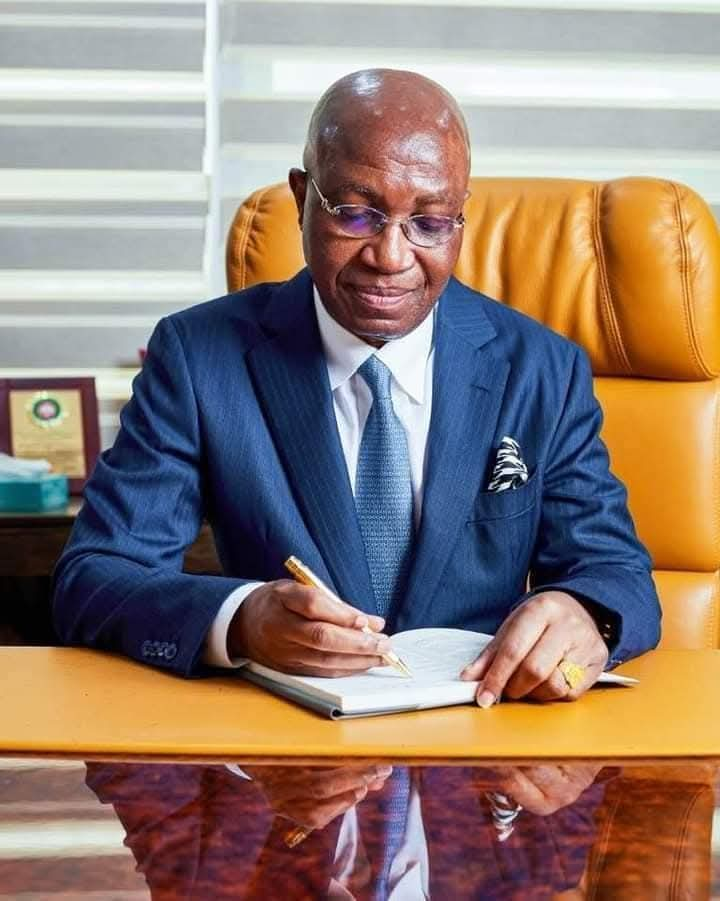
Senior Advocate of Nigeria (SAN), Wole Olanipekun, and Chairman of the Presidential Fiscal Policy and Tax Reforms Committee, Taiwo Oyedele, have called on South-West governors and political leaders to fully leverage President Bola Tinubu’s administration to drive accelerated development across the region.
The duo made the call on Monday in Akure, Ondo State capital, while speaking at a public lecture organised as part of activities marking the 50th anniversary of Ondo State’s creation.
They stressed that the South-West must prioritise massive investments in infrastructure, industrialisation, and economic reforms during Tinubu’s tenure to secure long-term regional prosperity.
Olanipekun cautioned that the political advantage of having a South-West president is temporary, noting that President Tinubu’s tenure will come to an end after his second term in 2031.
According to him, the region must act decisively within this window to strengthen its economic base and ensure sustainable development beyond the current administration.
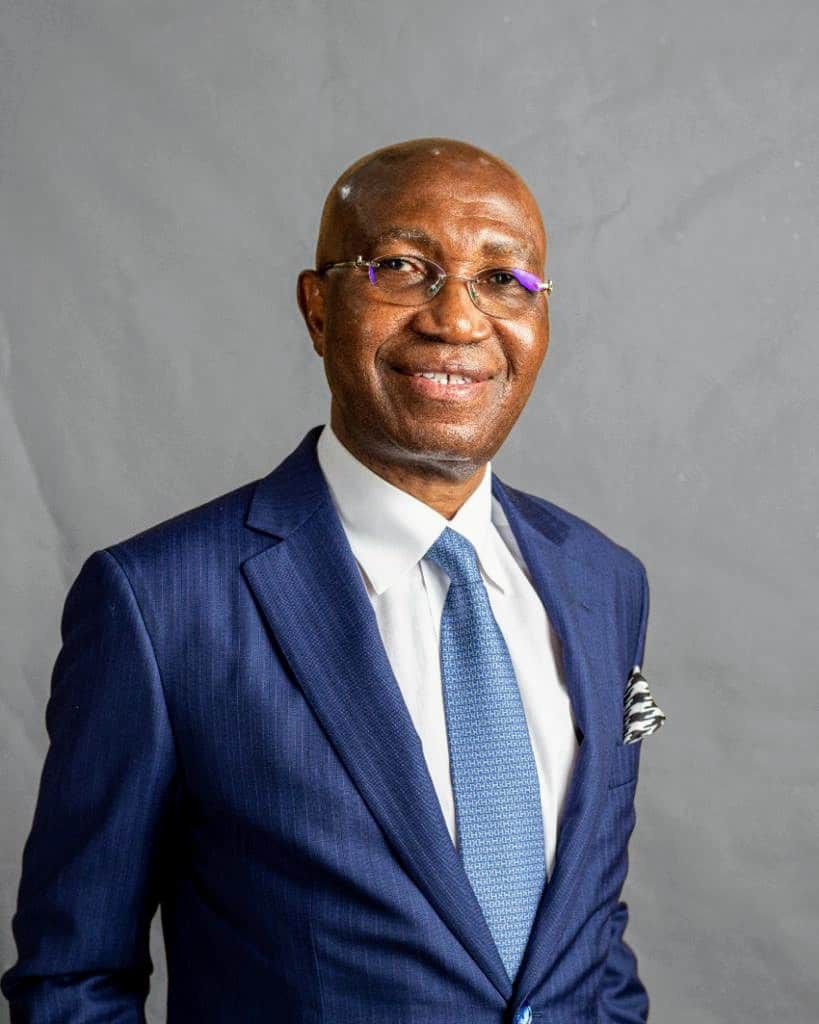
News
BREAKING: Malami Tells Court He Earned ₦12bn+ Legitimately, Seeks Release of Seized Properties
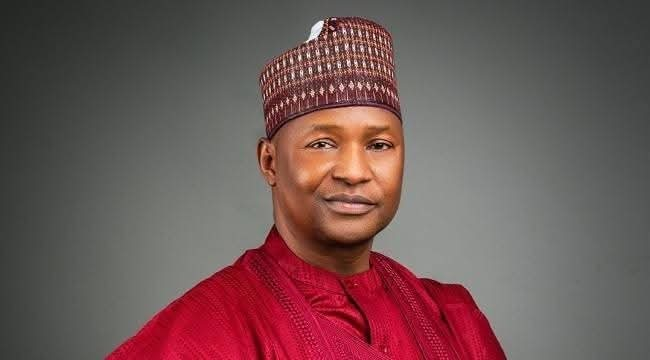
Former Attorney-General of the Federation, Abubakar Malami (SAN), has disclosed details of his earnings while asking a Federal High Court in Abuja to set aside an interim order authorising the seizure of 57 properties allegedly linked to him.
Malami made the disclosure through his counsel, Joseph Daudu (SAN), in a motion on notice filed before the court. The application seeks to vacate an interim forfeiture order affecting three of the 57 properties currently under investigation by the Economic and Financial Crimes Commission (EFCC).
According to the court filing, Malami stated that he had fully and transparently declared his sources of income in his asset declaration submitted to the Code of Conduct Bureau (CCB).
The document outlined multiple income streams, including:
₦374.63 million earned from salaries, estacodes, severance allowances, and related entitlements.
₦574.07 million generated from the disposal of personal assets.
₦10.01 billion recorded as turnover from private business ventures.
₦2.52 billion issued as loans to various businesses.
₦958 million received as traditional gifts from personal friends.
₦509.88 million realised from the launch and public presentation of his book titled “Contemporary Issues on Nigerian Law and Practice: Thorny Terrains in Traversing the Nigerian Justice Sector – My Travails and Triumphs.”
Malami’s legal team argued that the declared earnings sufficiently explain the source of funds used to acquire the properties in question, urging the court to lift the interim seizure order.
The matter remains pending before the Federal High Court as the EFCC continues its forfeiture proceedings.
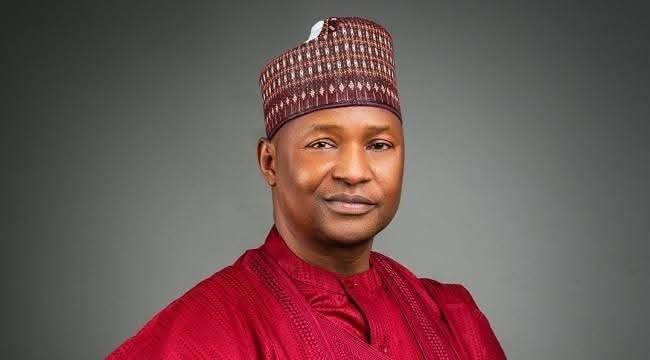


News
MAN Urges Federal Government to Stop NAFDAC’s Sachet Alcohol Ban, Warns of ₦1.9 Trillion Loss
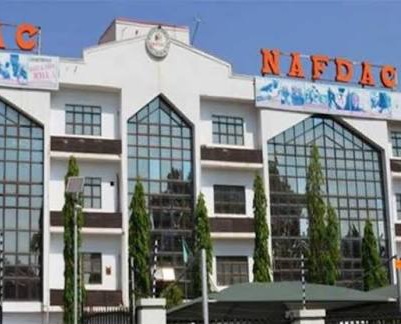
The Manufacturers Association of Nigeria has appealed to the Federal Government to restrain the National Agency for Food and Drug Administration and Control from proceeding with its ban on alcoholic beverages packaged in sachets and small PET bottles, warning of catastrophic economic consequences.
In a statement issued by Director-General Segun Ajayi-Kadir, MAN described NAFDAC’s renewed enforcement action as detrimental to indigenous industrial operators and fundamentally inconsistent with earlier government directives.
The manufacturers’ body emphasized that NAFDAC’s recent move directly contradicts the House of Representatives resolution dated March 14, 2024, which specifically restrained the agency from implementing the punitive ban following comprehensive stakeholder consultations through a public hearing.
“Rather than abiding by the generally agreed resolution, NAFDAC bided its time and chose to rely on a resolution of the Senate that was devoid of the usual stakeholders’ engagement,” Ajayi-Kadir stated, noting that operators now face confusion over conflicting directives from different arms of government.
MAN warned that enforcing the ban would devastate Nigeria’s manufacturing sector, threatening over ₦1.9 trillion in existing investments and triggering the retrenchment of more than 500,000 direct employees alongside approximately five million workers in the indirect value chain.
The association cautioned that the restriction would paradoxically undermine public health by creating market opportunities for illicit, substandard and unregulated products beyond the control of regulatory authorities.
“This is counterproductive as it will open up the market for illicit, sub-standard, and unregulated products. It will lead to an influx of imported alternatives, mostly smuggled. It will deny the government of revenues collectable from the companies,” Ajayi-Kadir declared.
The manufacturers’ group emphasized that alcohol served in sachets by local producers is manufactured under hygienic conditions and certified by regulatory agencies including NAFDAC itself, making the ban particularly contradictory.
MAN also challenged the untested assertion that sachet alcohol drives underage consumption, citing credible and empirical research that contradicts this claim. The industry has independently invested over ₦1 billion in nationwide media campaigns promoting responsible alcohol consumption and discouraging underage abuse.
The association stressed that banning certified products would deny adult consumers with limited budgets access to regulated alcoholic beverages while simultaneously depriving the government of substantial tax revenues.
Food, Beverages and Tobacco Senior Staff Association and National Union of Food, Beverages and Tobacco Employees have joined MAN in opposing the ban, demanding that NAFDAC provide empirical evidence that sachet alcoholic beverages are being consumed by children.
Labor unions have called for the suspension of NAFDAC Director-General Professor Mojisola Adeyeye, accusing her of siding with multinational companies to undermine local manufacturers.
However, NAFDAC has maintained its position, with Adeyeye insisting that enforcement is backed by law following the Senate’s unanimous resolution setting a December 2025 deadline that has now passed.
The NAFDAC chief argued that the proliferation of high-alcohol-content beverages in sachets has made such products easily accessible, affordable and concealable, contributing to widespread misuse and addiction among minors and commercial drivers.
“This public health menace has been linked to increased incidences of domestic violence, road accidents, school dropouts, and social vices across communities,” Adeyeye stated, describing the ban as protective rather than punitive.
In contrast, civil society organization Socio-Economic Rights and Accountability Project has approached the Federal High Court in Lagos seeking injunctive orders to prevent the Federal Government from interfering with NAFDAC’s statutory powers to enforce the ban.
SERAP argues that continued circulation of sachet alcohol violates the National Health Act 2014, the NAFDAC Act and international commitments under the World Health Organization’s Global Strategy to Reduce Harmful Use of Alcohol.
The legal and economic battle over sachet alcohol highlights deeper tensions between public health regulation, economic survival and stakeholder consultation in Nigeria’s policymaking process, with no clear resolution in sight as multiple court cases and regulatory actions unfold simultaneously.
-

 News2 years ago
News2 years agoHardship: We Plan To Establish A National Commodity Board To Crash Food Prices – VP Shettima
-
News8 years ago
Blog Reader; Samson Osagiede Celebrates Fiancè Benedicta Daniels’s Birthday With Sweet Words
-
Home9 years ago
News Channel claims Donald Trump is an orphan from Pakistan,share alleged childhood photo
-
Home9 years ago
Another $175m Found in Patience Jonathan’s wife’s firm’s Bank Account
-
Home9 years ago
Oil Spillage: House of Reps Member Shares Photos of the Water her Constituents Drink .
-
Home9 years ago
Zara Buhari & Ahmed Indimi’s Wedding Access Card
-

 Sport7 years ago
Sport7 years agoModric, Marta Wins 2018 FIFA Best Player Of The Year Awards ⚽️
-
News8 years ago
The Best Video You’ve Seen Today?
